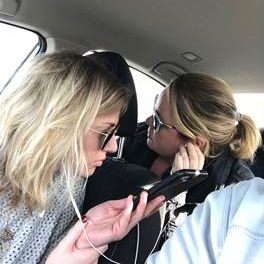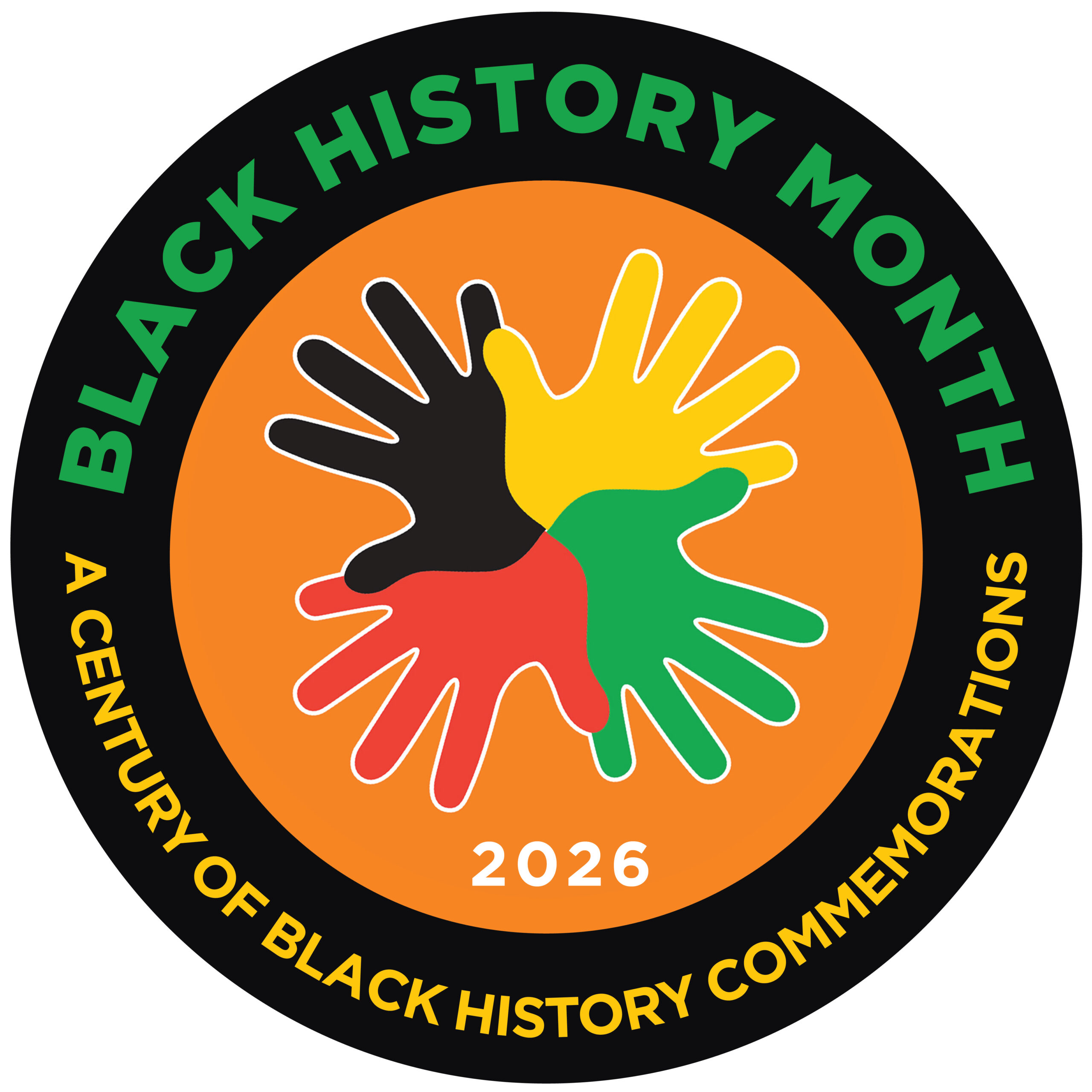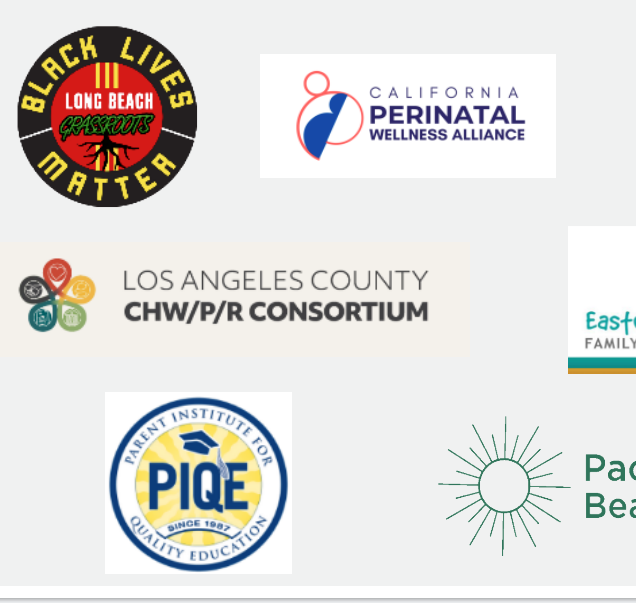September 26, 2018
For First 5 LA, the journey toward sponsoring its first state legislation did not begin in a conference room, at a power lunch or anywhere near a Sacramento lawmaker’s office.
It began late last fall in the back seat of a rented Nissan Altima on a winding, two-lane highway between Monterey and San Jose.
As Public Policy and Government Affairs Director Peter Barth drove back to the San Jose Airport from the First 5 Association Conference in Monterey, Senior Policy Strategists Becca Patton and Charna Martin shared a set of earbuds during a fortuitous telephone call with Assemblymember Kevin McCarty (D-Sacramento) and his staff.
The phone meeting provided Martin and Patton the opportunity to discuss with McCarty the importance of early screenings for developmental delays in children. It’s a challenge the two knew well through First 5 LA’s First Connections and Help Me Grow-LA work. Through this policymaking in action, the wheels began rolling toward the creation of Assembly Bill 11, a bill to improve developmental screening rates for low income children age 0-3.
In the coming weeks, Martin worked closely with AB 11 co-sponsors Children Now and the First 5 Association to help McCarty shape new legislative language for the bill, which the lawmaker introduced this January. AB 11 became the first bill ever sponsored by First 5 LA.
The milestone marked the first time that First 5 LA helped craft legislation in the earliest moments possible, a turning point guided by First 5 LA’s policy and systems change agenda approved by its Board in November 2017. The legislation also marked the first time First 5 LA was listed as a public supporter for a bill at the start of a legislative session.
“AB 11 had unanimous support. That is huge for our first bill.” – Charna Martin
Research reveals that early developmental screenings are vital to helping children succeed. All kids, starting at birth, are expected to meet certain developmental milestones as they grow, including how they use language, how they move, how they interact with others, and how they manage emotions. Not all children meet these milestones at the same time and sometimes delays occur for a variety of reasons. If caught early, however, these challenges can be mitigated or even eliminated with the proper help and support. Yet nearly 80 percent of California’s children go unscreened for developmental delays. Read recent articles on the issue here.
Since AB 11’s first hearing on January 9, the legislation has been vetted through five legislative committees and three legislative floor votes, receiving 118 “yes” votes and zero “no” votes in the process.
 “AB 11 had unanimous support,” Martin said. “That is huge for our first bill. We’ve never sponsored legislation before. That was big for us. And it’s exciting because it’s good policy. Prevention and early identification strategies like developmental screenings for young children ensure the long-term viability of our expanded Medi-Cal program and the Affordable Care Act in general. It’s a very specific problem and solution we went after.”
“AB 11 had unanimous support,” Martin said. “That is huge for our first bill. We’ve never sponsored legislation before. That was big for us. And it’s exciting because it’s good policy. Prevention and early identification strategies like developmental screenings for young children ensure the long-term viability of our expanded Medi-Cal program and the Affordable Care Act in general. It’s a very specific problem and solution we went after.”
Along the way, Martin and First 5 LA’s policy team were often in Sacramento or helping to coordinate a group of voices supporting AB 11. At last count, 77 organizations publicly supported the legislation, and the team engaged with nearly 200 organizations over the year. The bill now sits on Gov. Jerry Brown’s desk for consideration.
“This is a huge moment for First 5s and First 5 LA in particular,” Barth said. “We are pleased to see the tremendous progress the issue of early identification and intervention has made in Sacramento this year as a result of AB 11.”
A BANNER YEAR FOR BILL SUPPORT
In a banner year for state legislative advocacy, First 5 LA supported 10 other bills as they passed through the California Legislature. The bills included a variety of issues affecting young children and their families aligned with the outcome areas under First 5 LA’s strategic plan, from family strengthening to health to early care and education. At the same time, First 5 LA also advocated to prioritize spending on California’s youngest residents in the state budget, which was approved in June with more than $1 billion in additional funding to services, systems and supports for young children.
In support of these efforts, First 5’s policy and advocacy team racked up some impressive numbers attending meetings with state lawmakers throughout Los Angeles County and in Sacramento (see related article).
“This is a huge moment for First 5s and First 5 LA in particular.” – Peter Barth
Whether advocacy for early childhood issues is being conducted in Sacramento or on the national stage in Washington, D.C., Barth emphasized collaboration as a key to success.
“We work with state advocates at California Strategies and federal advocates at The Raben Group to represent First 5 LA on a daily basis in our capitals, and we partner with organizations like Advancement Project, Children Now, Child 360, the Child Care Alliance of Los Angeles, the Los Angeles Area Chamber of Commerce, and Early Edge, among others. We also play a key role convening various advocates to develop common policy solutions for children,” Barth said.
Along with AB 11, four other bills supported by First 5 LA passed through the Legislature and to the governor’s desk for consideration. A summary of and link to these bills — plus comments of support from parents, child care providers and First 5 LA associates and partners — are provided below along with the bill’s latest status as of Sept. 27. Sunday is the last day for Gov. Brown to sign or veto these bills passed by the Legislature.
 AB 605 (Assemblymember Mullin) – Signed by Governor Brown
AB 605 (Assemblymember Mullin) – Signed by Governor Brown
Day Care Centers: Birth to first grade license option. Creates a single license for center-based care regardless of ages served.
Why it’s important to child care centers and parents
“We have two sites that I oversee on campus at CSUDH. One is an infant toddler up to 35 months and the other is a preschool with a school age option. We have two licenses, one for each site. From this bill, I understand we would be under one license, which would be great for us. For example, I have a child in preschool that is moving back to the infant toddler center because he needs to grow developmentally with social and emotional skills. I have to reenroll him in a whole other program. It was hard for this parent. There is the stigma that the child is moving back. She was in tears. I said ‘No, we’re not moving him back. We’re moving him forward so he can get support in this area.’ With one license, it would be simpler. We could move him to a different classroom.” – Michelle Johnson, director, Cal State University Dominguez Hills Infant-Toddler Development Center and program director for CSU Dominguez Hills Children’s Center and member of the Early Learning Alliance.
“It makes complete sense to give early educators (child care providers) the flexibility to offer a continuum of services, especially when we know that there is a critical need for more spaces for infants and toddlers. AB 605 takes away policy restraints that are outdated, and allows early educators to be more responsive to the needs of babies, children and families.” – Gina Rodriguez, First 5 LA Early Care and Education program officer
 AB 2289 (Assemblymember Weber) – Signed by Governor Brown
AB 2289 (Assemblymember Weber) – Signed by Governor Brown
Pupil rights: pregnant and parenting pupils. The bill would allow pregnant or parenting pupils to receive between six to eight weeks of parental leave — and a parenting pupil not giving birth to receive four weeks of parental leave — in order for them to care for and bond with an infant within the year after birth. During this leave, a pregnant or parenting pupil would not be required to complete academic work or other school requirements. Upon returning to school, the pupil would be entitled to make up work missed and remain enrolled in their school for a fifth year, if needed, in order to graduate.
Why it’s important to parents
“I am speechless and so happy that I – along with other teen moms – helped this bill get passed! I am extremely grateful that now teen moms get to have an amazing opportunity to bond with their babies the way they’re supposed to! Also, that they don’t have to worry about a deadline to turn their work in or stress about not getting it done. I couldn’t be happier!” – Evelin Balbuena-Galvez, who traveled with other young moms from Best Start Compton-East Compton to Sacramento to support AB 2289
 AB 2626 (Assemblymember Mullin) – Signed by Governor Brown
AB 2626 (Assemblymember Mullin) – Signed by Governor Brown
Child Care and Development Services Act: This bill would make a number of changes to family eligibility, contracting, and professional supports to help counties capture more funding allocated to child care each year.
Why it’s important to child care providers and families
“AB 2626 is an unprecedented bill. With this bill, California is finally saying we value families and children. This bill addresses many issues we have voiced for many years like professional development, income guidelines and birth cutoff dates, to name a few. The ability to provide professional development and allowing more families to be eligible for our programs will make a positive impact on our state.”– Monica M. Garcia, director, Child Development Center at Los Angeles Southwest College and member of the Early Learning Alliance
“Every year, millions of dollars meant for early childhood education are returned to the state – yet millions of families in our state are on wait lists for child care. For 15 years, counties have been testing and piloting policy changes to capture more of these child care dollars and serve more families. AB 2626 will scale up the most effective and proven of these policies, so that all counties in the state can better meet the needs of families and connect them to high-quality child care.” – Margot Grand Gould, policy director, First 5 Association
 AB 2960 (Assemblymember Thurmond) – Signed by Governor Brown
AB 2960 (Assemblymember Thurmond) – Signed by Governor Brown
This bill requires the California Department of Education (CDE), to convene a stakeholder workgroup by June 30, 2019, to evaluate and provide recommendations on the development of an online portal for the state’s child care and development services and to submit a report on its findings to the Superintendent of Public Instruction by January 1, 2020. It requires, by January 1, 2021, the superintendent to submit to the Legislature a report proposing plans for the online portal, based on the recommendations from the workgroup. The bill then requires the CDE to post a portal on its website, by June 30, 2022.
Why it’s important to child care providers, parents and children
“I can be proud and tell my son that I helped other teens be successful in school and graduate without even knowing them.” – Evelin Balbuena-Galvez
“The need for a ‘no wrong door’ online portal for parents pursuing public child care support has been a topic of discussion in Sacramento for many years. If signed, AB 2960 would sanction the visioning of a comprehensive early childhood information system, which could intersect with our K-12 longitudinal data systems, as well as other child health and welfare systems, to present a more complete picture of the children we serve, as well as a more streamlined interface for parents as they access support for their families, including preschool and child care.” – Erin Gabel, First 5 California deputy director of External and Governmental Affairs
A FOUNDATION TO BUILD ON
All of these efforts are building upon First 5 LA’s track record of success, Barth said. Last year, thanks to the work of dedicated advocates including First 5 LA, a number of state policies were changed to help make things work better for young children and their families. First 5 LA strongly supported all of these bills, among others that were signed into law by the governor, and for the past few years has taken positions on state and federal legislation aligned with its priorities.
From the shaping of legislation in its earliest moments to coalition building to an expanding platform of bills on its legislative agenda, these important indicators illustrate the progress First 5 LA is making each year to influence state policy that prioritizes and positively benefits young children and their families.
Even when a bill is vetoed by the governor, a policy win can occur, as with AB 11.
Despite unanimous support in the legislature, Governor Brown vetoed AB 11 on September 20. Although disappointing, Barth noted that the veto offers an opportunity to further highlight and bring awareness to the issue of early developmental identification and intervention and to build on the momentum created by AB 11.
 “The good news is that the bill is not the focus of our work,” Barth said. “It was just one opportunity to advance our goals which are to improve data and oversight, increase the number of timely and appropriate screens, and ultimately connect more children with the developmental services they need, deserve, and should be receiving.”
“The good news is that the bill is not the focus of our work,” Barth said. “It was just one opportunity to advance our goals which are to improve data and oversight, increase the number of timely and appropriate screens, and ultimately connect more children with the developmental services they need, deserve, and should be receiving.”
Perhaps even more valuable are the connections, the collaboration, and the influence that arose from elevating the issue of early identification and intervention during the past year among Sacramento lawmakers through AB 11.
“It’s a policy win,” Martin said. “We have a long game here. It’s a foundation we can build on. We had a really successful run for the first bill we ever sponsored. It gives us more of a roadmap and more of a partnership opportunity to be able to continue to build and shape this issue and to broaden it. Not just in early identification through screening and pediatricians but appropriately linking those kids to early identification interventions as soon as possible. This creates connections and has ramifications for our home visiting programs as well as early learning programs and the K-12 school system. This is the issue development we need to be doing. And it’s just a start.”






